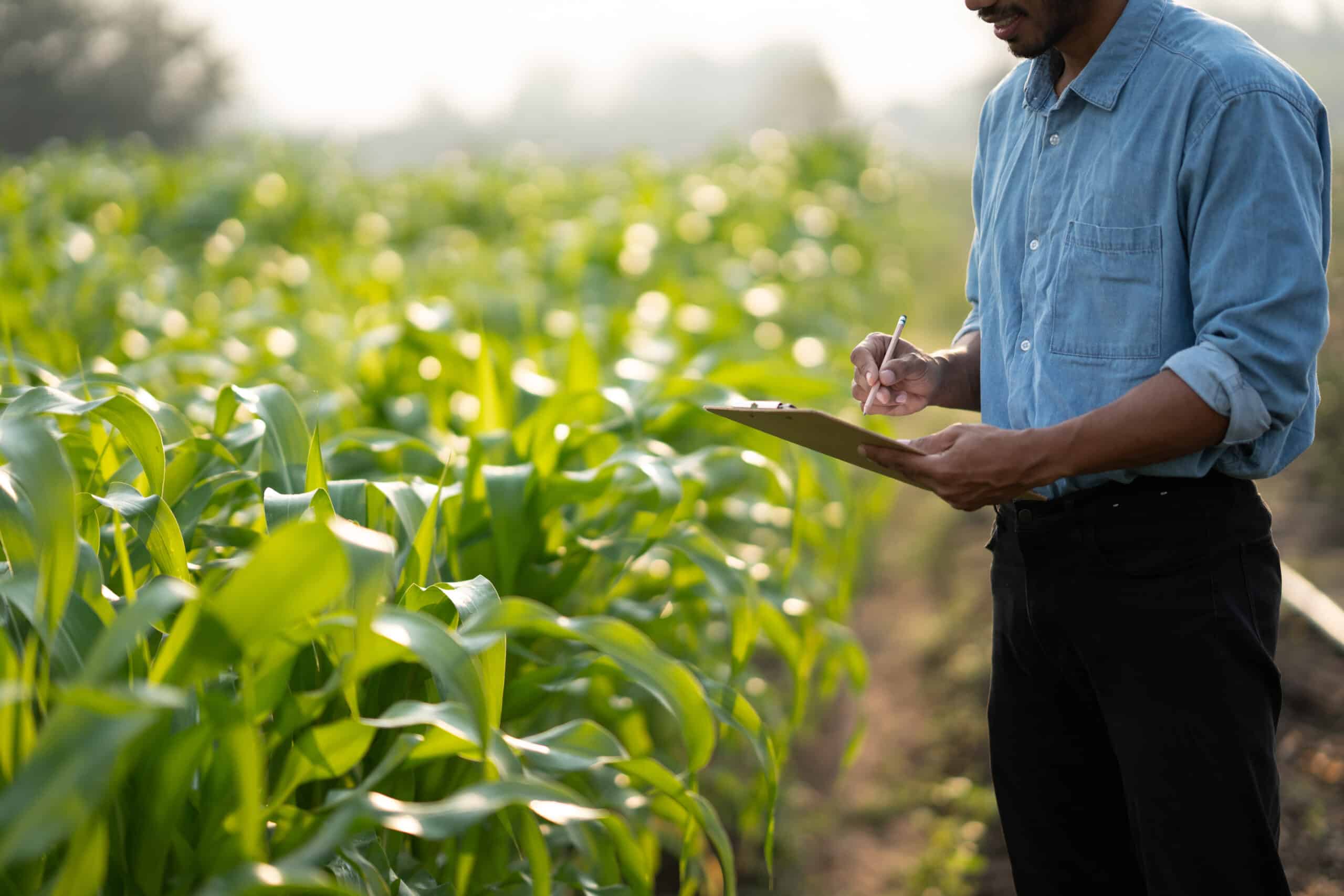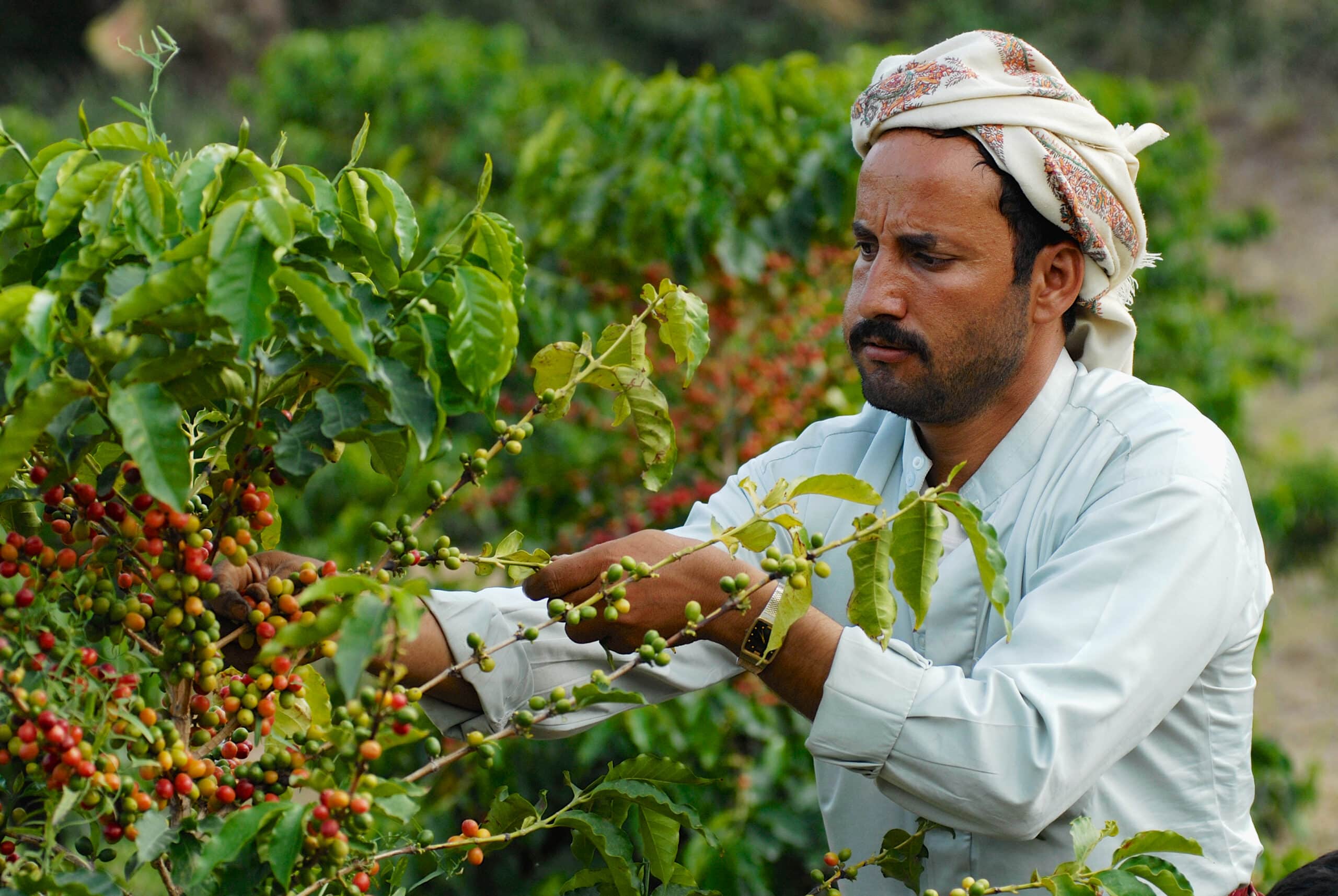Smallholder farmers are the backbone of the agriculture industry, accounting for roughly a third of global food production. In developing regions like Sub Saharan Africa, they are responsible for up to 80% of food production, making them essential to regional food security and economic stability.
Despite their importance, smallholders continue to face numerous challenges. One of the most pressing challenges is limited access to essential markets. This is a significant issue, as without proper market access, smallholders will struggle to sell their produce at fair prices. This in turn undermines their ability to invest in necessary farming inputs and technologies which further compounds the issue.
In recent years, new digital technologies have sought to improve farm practices, productivity, and market access for smallholder farmers. This article explores how these technologies can enhance market linkages in agriculture for smallholders. It discusses how they can help smallholders connect with larger, more profitable markets and promote economic stability and growth in the sector.
Digital technologies and market linkages
Market linkages are the connections between producers and buyers that facilitate the flow of agricultural goods, services, information, and capital. Strengthening these linkages is vital for smallholders’ sustainability, as it enables them to sell their produce in new markets for a better price. Strengthening market linkages helps to stabilise incomes, reduce post-harvest losses, and incentivise external investment.
Digital technologies play a crucial role in this process, as they can directly address the challenge of market access and bridge the gap between smallholder farmers and broader markets. They do this by providing access to:
Market information: There are numerous digital platforms, mobile apps, and SMS services that provide farmers with real-time information on market prices, buyer demands, and optimal harvest times. For instance, Esoko in Ghana enables farmers to make informed decisions on when and where to sell their produce to maximise profits by providing market prices via SMS.
New markets: E-commerce platforms and online marketplaces eliminate many of the traditional barriers that smallholders face in accessing markets. In China, for example, Alibaba has enabled rural farmers to bypass middlemen and sell directly to consumers and retailers, which has significantly increased their market reach and profit margins.
Real-time monitoring: Technologies such as blockchain and IoT (Internet of Things) enable agricultural products to be tracked from production to consumption. This significantly improves supply chain efficiency and transparency. By providing real-time monitoring and data collection throughout the production and distribution process, these technologies ensure product quality, improve safety standards, and build trust among consumers and buyers. This level of oversight is particularly beneficial for smallholder farmers, as it allows them to certify their produce more easily for export markets which may have more stringent quality requirements.
Financial services: Mobile banking and fintech solutions provide farmers with easier access to credit, insurance, and other financial products. These services are crucial, as they allow farmers to invest in improving their production and scaling their operations. Services like M-Pesa in Kenya enable farmers to receive payments directly on their mobile devices, reducing transaction times and increasing financial security. Meanwhile in Nigeria, digital platforms like FarmCrowdy are connecting smallholders with investors, helping farmers to secure the necessary funds to sustain and expand their businesses while simultaneously ensuring that these farmers have a guaranteed market for their produce.
Advisory services: Digital advisory services are revolutionising agricultural support for farmers by providing personalised guidance on best practices, pest management, and weather conditions. In Ethiopia, the “80-28” hotline serves millions of farmers by providing vital agricultural advice in local languages. Additionally, mobile apps such as Plantix are leveraging image recognition to diagnose plant diseases, pests, and nutrient deficiencies – smallholders need only take a photo of a sick crop, upload it to the app, and receive immediate advice.
Overcoming barriers to digitisation
The mechanisms described above significantly enhance farmers’ access to critical agricultural information, support services, and markets. As these technologies continue to evolve and gain wider adoption, they have the potential to improve the economic viability and sustainability of smallholder farming. However, several barriers impede their widespread implementation.
These barriers include the high initial costs of technology adoption, limited awareness of available digital tools, connectivity issues in rural areas, and digital literacy gaps among farmers. Ultimately, addressing these challenges will be crucial to enhancing market linkages for smallholders.
Governments can implement policies that support digital ecosystems and foster partnerships among stakeholders. By focusing on areas with existing digital infrastructure, they can achieve quick wins and build momentum for broader adoption. These policies might include providing subsidies for digital tools, creating favourable regulations for small farmers, and investing in rural infrastructure.
Developmental organisations can play a crucial role by offering training and support to bridge the digital literacy gap. They can organise workshops, provide educational materials, and create support networks to help smallholder farmers understand and effectively use digital technologies. Involving community leaders is essential in ensuring that their efforts are inclusive and widely accepted. These leaders can promote digital literacy and inclusiveness, ensuring marginalised groups, such as women and minority communities, benefit from digital innovations.
The private sector can also help by developing affordable, user-friendly technologies tailored to smallholder farmers’ needs. By offering scalable and adaptable technologies, the private sector can make it easier for smallholders to adopt new tools and practices.
This collaborative effort should focus on building rural digital infrastructure, creating awareness about available tools, and developing locally relevant content. By addressing these challenges holistically, the agricultural sector can harness the full potential of digital technologies to transform smallholder farming.
Facilitating market linkages in agriculture
Digital technologies have the potential to transform agriculture, particularly for smallholder farmers. However, achieving this potential will require strategic partnerships, targeted interventions, and a focus on inclusivity and sustainability.
At Farrelly Mitchell, we are committed to the growth and development of smallholders around the world. Our development and impact specialists offer tailored support to governments, NGO’s, multilaterals, and private investors as they look to build more resilient, robust, and productive food systems throughout the global south. With our guidance, clients can develop stronger market linkages in agriculture, build capacities, improve food security, and introduce effective development programs. Contact us today to learn more about our customised solutions and how we can guide your organisation towards a more productive and sustainable future.














